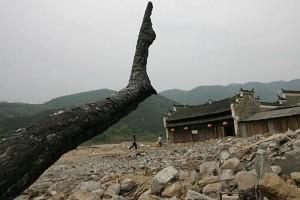Commentary
NINGBO CITY, China—On July 1, a friend invited me to make a short visit to Yantou Village, Xikou Township in Fenghua County, which is about 12 miles away from Ningbo City in Zhejiang Province. During this period, I witnessed the bleak prospects of this village both economically and spiritually.

